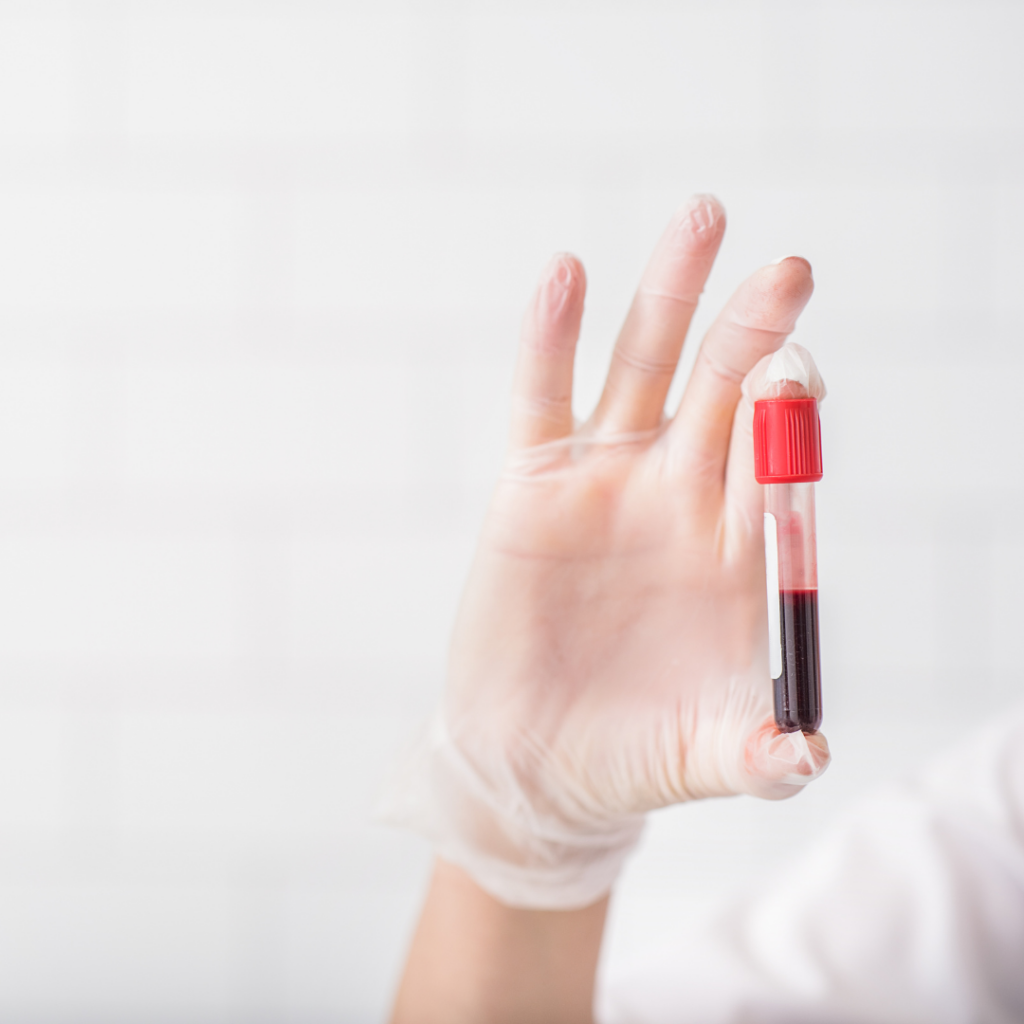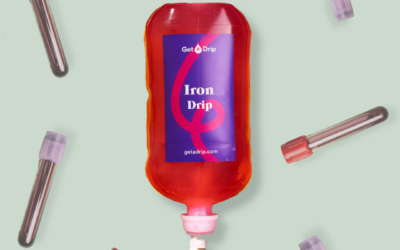
Iron deficiency is a widespread health issue that affects millions of people worldwide. It can lead to a range of symptoms and health problems if left untreated. In this blog post, we’ll explore what iron deficiency is, its symptoms, and how iron infusion therapy can help restore your iron levels and improve your overall health.
What is Iron Deficiency?
Iron deficiency occurs when your body doesn’t have enough iron to produce haemoglobin, a protein in red blood cells that carries oxygen from your lungs to the rest of your body. Iron is essential for many bodily functions, including maintaining healthy cells, skin, hair, and nails. When iron levels are low, your body can’t produce enough healthy red blood cells, leading to iron deficiency anaemia.
Symptoms of Iron Deficiency
Iron deficiency can manifest in a variety of symptoms, which can range from mild to severe. Common symptoms include:
- Fatigue and Weakness: Feeling unusually tired and weak is one of the most common symptoms. This happens because your body isn’t getting enough oxygen due to the lack of haemoglobin.
- Pale Skin: Haemoglobin gives blood its red colour, so low levels can cause your skin to become paler than usual.
- Shortness of Breath: Without enough haemoglobin, your body struggles to deliver oxygen to your muscles and tissues, making you feel short of breath, especially during physical activities.
- Dizziness and Headaches: Reduced oxygen flow to the brain can cause frequent headaches and dizziness.
- Cold Hands and Feet: Iron deficiency can affect your body’s ability to regulate temperature, often leading to cold extremities.
- Brittle Nails and Hair Loss: Lack of iron can weaken your nails and cause your hair to fall out more easily.
- Heart Palpitations: In severe cases, iron deficiency can cause irregular heartbeats, known as palpitations, because the heart has to work harder to pump oxygen-rich blood throughout the body.
- Restless Leg Syndrome: Some people with iron deficiency experience uncomfortable sensations in their legs, especially at night.
Causes of Iron Deficiency
There are several reasons why someone might develop iron deficiency, including:
- Inadequate Dietary Intake: Not consuming enough iron-rich foods, such as red meat, beans, lentils, and leafy greens.
- Increased Iron Needs: Pregnancy, growth spurts in children, and menstruation can increase the body’s iron requirements.
- Poor Absorption: Conditions like celiac disease, Crohn’s disease, or taking certain medications can interfere with the body’s ability to absorb iron.
- Blood Loss: Heavy menstrual periods, gastrointestinal bleeding, or other forms of blood loss can deplete iron levels.
Diagnosing Iron Deficiency
To diagnose iron deficiency, a healthcare provider will typically perform a series of blood tests, including:
- Complete Blood Count (CBC): This test measures various components of your blood, including haemoglobin and hematocrit levels.
- Serum Ferritin: This test measures the amount of ferritin, a protein that stores iron in your body. Low ferritin levels indicate low iron stores.
- Serum Iron and Total Iron-Binding Capacity (TIBC): These tests measure the amount of iron in your blood and how well your blood can transport iron.
If you are diagnosed with iron deficiency and oral iron supplements are not effective or suitable for you, iron infusion therapy may be recommended. An Iron Infusion is where iron is delivered directly into your bloodstream via an intravenous (IV) line. This method is particularly beneficial for individuals with severe iron deficiency or those who cannot tolerate oral iron supplements.
Benefits of Iron Infusion
Iron infusion therapy offers several advantages:
- Quick and Effective: Iron is rapidly absorbed into your bloodstream, leading to quicker improvement in symptoms compared to oral supplements.
- Fewer Gastrointestinal Issues: Unlike oral iron supplements, which can cause stomach upset, nausea, and constipation, iron infusions bypass the digestive system.
- Convenient: The entire procedure, including observation, takes less than an hour, making it a convenient option for busy individuals.
Conclusion
Iron deficiency is a common yet treatable condition that can significantly impact your quality of life. By understanding the symptoms and causes, you can take proactive steps to address your iron levels. If you’re struggling with iron deficiency, consider discussing iron infusion therapy with your healthcare provider. This effective treatment can help restore your iron levels and improve your overall health and well-being.
For more information or to schedule an appointment for iron infusion therapy, contact us today. Let’s work together to ensure you feel your best!


